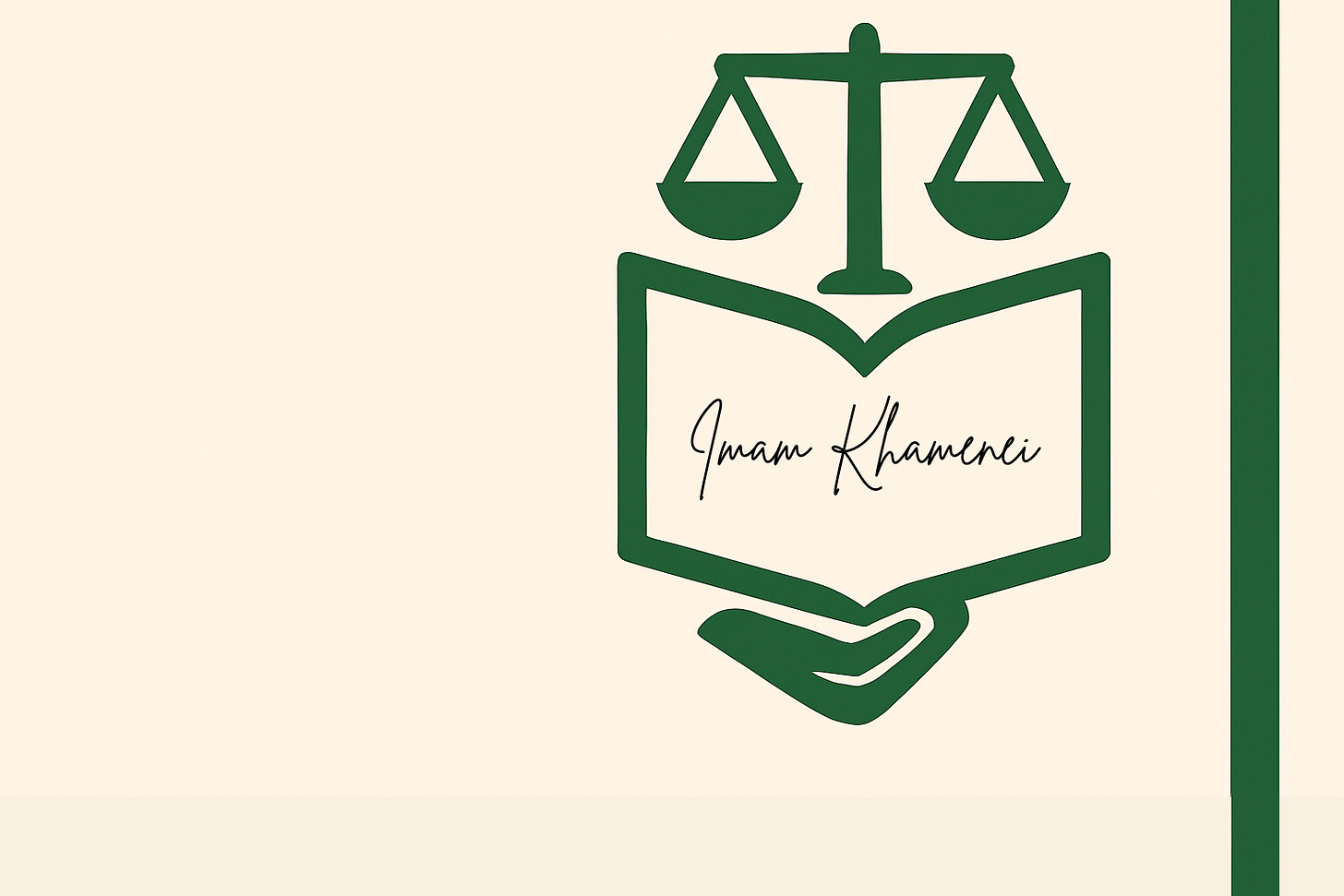Leaving a Will: Managing a Martyr’s Estate, Orphan’s Property, and Rights of the Guardian
Practical Laws of Islam as per the teachings of Imam Khamenei
Leaving a Will: Managing a Martyr’s Estate, Orphan’s Property, and Rights of the Guardian
English:
Question #1855:
A martyr has directed in his will that his father should sell the house which belongs to him to pay for his debt in case he was unable to do that without selling the property. He further instructed that a certain amount of money should be spent in charitable avenues, the proceeds from the sale of the land should be given to his uncle, expenses arising from hajj by his mother should be paid, and that money should be paid on his behalf to perform a number of years of outstanding prayer and fast that he missed.
However, his brother married his widow and moved to live in the same house, which she bought in part. The brother incurred some money as a result of repairs he carried out to the property, with money paid in part from the proceeds of the sale of the gold coin which belonged to the son of the martyr.
What is the view on the brother’s having a free hand in the estate of the martyr and the property owned by his son [orphan]? And is he justified in making use of the salary allocated to the martyr’s son, noting that he is raising him and catering for his needs?
Answer #1855:
All the property of the martyr should be pooled. After the payment of any debts owed by him, one third of the remainder should be allocated to carry out the provisions made in the will, i.e. the performance of prayer and fast on his behalf, the payment of expenses arising from sending his mother to perform hajj, and suchlike. The remaining two-thirds and whatever left over from the one-third share should be divided among the inheritors of the martyr, i.e. his parents, son, and widow in accordance with the Holy Book and Sunnah.
However, all actions concerning the house and all other possessions of the martyr should be carried out with the agreement of the inheritors and the legal guardian of the minor child. Whatever the brother has spent on the repairs carried out to the house, without the permission of the legal guardian of the child, has to be borne by him alone, i.e. without deducting them from the property of the child.
Similarly, he can neither spend the proceeds of selling the gold coin, nor the salary of the child on the expenses arising from the maintenance work carried out to the property. Furthermore, he has no right to spend any money that belongs to the child, either on himself or on the child unless he obtains the permission and agreement of the legal guardian of the child. Failure to do so should result in his indemnifying anything paid from the child’s belongings. Purchasing the property should meet with the permission of the inheritors and the legal guardian of the child.
-Imam Khamenei, Practical Laws of Islam, Importance and Conditions of Leaving a Will


